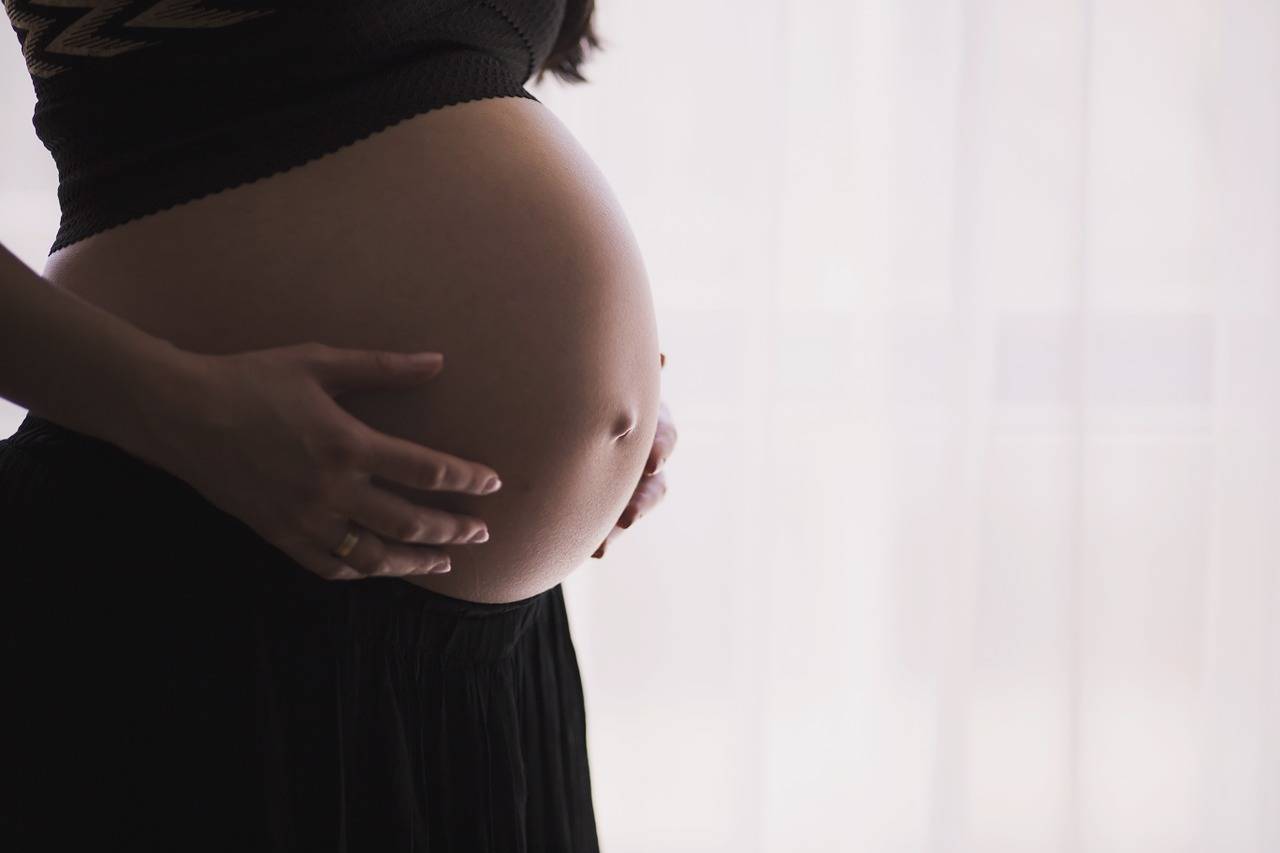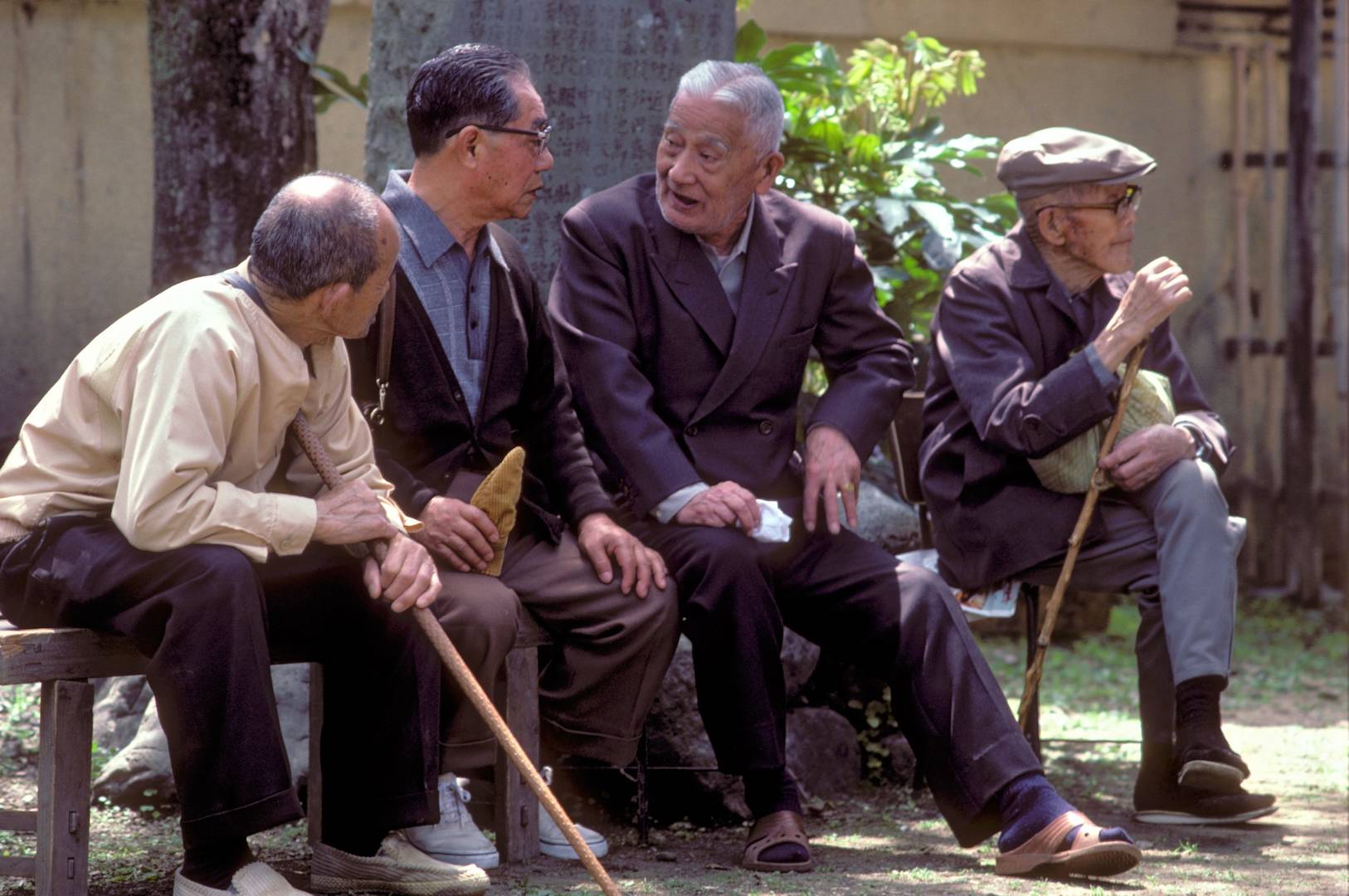All the Characteristics of human development they are totally natural and are part of a physical and biological mechanism that every human being faces when facing different conflicts throughout the entire period of their transitory life. Learn more about the subject here!
Characteristics of human development
All the characteristics of human development are evidenced as time passes. These are reflected in the physical, emotional, psychological, they are also presented in the social and cultural sphere of an individual.
Steps
Human development throughout its cycle is divided into different stages, which can translate into cognitive changes, both physically and mentally and socially. The different stages through which the human being passes are:
Embryonic development
This stage takes place in the womb, from the conception of the new being until its birth. Initially, it is called an embryo, it ceases to be an embryo at 8 weeks, and from that moment it undergoes changes, especially in the maturation of the systems.
especially in the embryonic period, the fetus experiences the most accelerated growth, from week number 9 many changes are identified in the vast majority of fetuses, they already have a human morphology.
The head, the trunk and the extremities including the fingers, the eyes, the ears and the genitals in this week number 9 develop satisfactorily, thus representing 50% of the entire anatomy of the fetus.
The development of the fetus begins to accelerate remarkably in the 13th week, when it doubles its size, the upper extremities.
In the following months, the growing baby progressively continues its stage of development, depending entirely on the parent, until leaving the mother's womb, the newborn comes into the world having completed a stage that contains the first characteristics of human development.
Childhood
It represents the second stage of human development, as we see it is after the prenatal phase, and precedes the stage of childhood. It is the stage that encompasses from birth to two years of life.
the newborn is called a neonate, a name that lasts about 15 days, a stage in which the baby tends to sleep for approximately 16 to 20 hours a day. Only waking up to feed.
During this stage, depending on the evolution. the little child develops an interest in exercising his sensory organs, as well as his movements, and in addition, language development occurs. It represents a stage of discoveries, new sensations and curiosity.
In this stage, the human being learns to manage his extremities, they are basic capacities such as walking, speaking, and moving by his own means.
The main characteristic of the infant stage includes:
Sensory psychomotor development: In which the child acquires motor skills and qualities.
Expressive: It ranges from crying to more complex expressions through language.
cognitive intellectual: involves the acquisition of knowledge and cognitive skills.
Childhood
It is a very important stage, since it is characterized by continuous and progressive learning. Next, we will present the characteristics of human development in some stages of childhood:
- Between 3 and 5 years: The child at this stage develops a cognitive level, is able to reflect on his behavior, in the affective level develops a high personality capacity based on egocentrism.
It is the stage in which they usually act according to their own needs, and demand great attention from the people around them.
They tend to develop heteronomy, they begin to judge the behavior of what is right or wrong. Through the game they develop through language.
- Between 7 and 12 years: It is a stage of major advances at all levels, already in this phase of development the child has been positively overcoming the area of cognitive learning, and is preparing for a new level of learning.
The challenge of this stage is to get the child to reach new levels of reasoning, it is a point at which the child stops being intuitive, can generalize the logical principles and comes to think in terms of what is possible.
Socially, they develop greater autonomy and manage to overcome their self-centeredness to share and participate in common goals. At a symbolic level, their communication is based on dialogue and the confrontation of points of view. reasoning processes tend to be logical and can be applied to concrete problems.
Adolescence
In this stage, the adolescent achieves abstraction on observed concrete knowledge, which allows him to expand inductive and deductive logical reasoning, develops idealistic feelings and progressively forms his personality.
- Between 12 and 19 years old: It is at this stage that greater reasoning about moral concepts is developed, scientific reasoning, combined reasoning, probability and proportions are expanded.
For its part, in adolescence great physical changes occur that are decisive in the development of the human being, it is defined as one of the best stages that man goes through, among its most significant changes we find:
- Puberty
- Appearance of sexual desire
- Irritability and aggressiveness (emotional swings)
- Creation of affective bonds.
- Physical changes: development of the mammary glands, in the case of girls, maturation of the sexual organs, accumulation of fat in some areas.
In the case of men, the physical changes occur through changes in the voice, musculature, development and maturation of the organs.
youth stage
Youth is the most challenging, conflictive and fundamental stage in the evolution of maturity and balance, in which human beings go from being children to being adults.
- From 20 to 25 years old: In this process, we begin to have sexual hormonal changes, we abandon the behaviors of childhood, our body transforms and prepares to exercise sexuality and reproduction that gives rise to procreation.
It is the time in which financial independence arrives, more and more we want to be financially independent from our parents, self-sufficiency is developed at high levels.
We share environments in which parents do not have any access to them. In terms of development, physical changes continue gradually, the ability to exercise is increasing, as well as there is more energy.
Adulthood
It is the stage of maturity, in which the human being achieves economic independence, gains work and family responsibilities.
- From 23 to 35 years old: At this stage the maximum potential of physical and psychological capacities is reached, the man at this stage already has the ability to carry out the decision-making process, which is fundamental and decisive for the course of life in the future.
Also at this stage, responsibilities are acquired, in terms of the social, we develop as citizens, by playing a role in society through employment,
and finally, the man sees the need to feel fulfilled, through the formation of a family.
Maturity
A stage that is characterized by great stability, since man has passed at least a large part of the processes that involve human development. But even physical changes continue to occur.
- From 36 to 45 years old:Some characteristics of human developmentor that are represented by physical changes produced in this stage are:
- In the case of women, hormonal changes, with the arrival of menopause.
- Decrease in the chances of fertilization capabilities, a pregnancy at the age of 40 onwards represents a risk to the life of the mother.
- In the case of men, the production of sperm begins to decrease.
- In both sexes, sight begins to fail.
- Appearance of facial and body wrinkles.
- Greater fatigue when doing sports activities.
- Weakness in the bones
- Presence of diseases
Anxiety
Stage in which the human body undergoes sudden changes, which are detrimental to health, in it the body slows down the total rate of its capabilities, and many ailments occur.
- From 66 to 75: This represents the last stage of the life cycle of human development. Changes occur in it such as the deterioration of the body, fatigue, physical appearance, posture and gait have a very notable deterioration.
The optimal functioning of the organs and the senses decrease, there is a great possibility of contracting diseases, some cognitive deficiencies gradually occur. such as memory loss or decline and information processing weakness.
At this age we are affected by even the slightest change in Ttemperature and humidity Due to the physical and biological conditions present in this process, older adults are limited in carrying out activities that they could previously carry out normally,
Transformations occur in their daily lives and in their social relationships. Generally, at this stage, people lose their jobs, suffer from imbalances in their health, isolate themselves from their friends, and begin to lose several of their loved ones, mostly individuals of the same generation.
All these conditions greatly influence the way each person faces and experiences old age. Stage that is certainly not easy to face due to the great changes that affect the healthy well-being of the human being.
Senility
This is the final stage of a human's life. represents one of the characteristics of human development more difficult to face, it presents a very deep and highly progressive deterioration of the entire body system.
From the deterioration or loss of memory, tiredness, blindness, deterioration of the bones, lack of coordination, loss of judgment, among many pathologies that develop as the days, weeks and months progress in this terminal stage we are not even able to differentiate the Seasons.
At this point, diseases such as osteoporosis, Alzheimer's, loss of speech, irrationality, arterial problems or tension, among other conditions that end up consuming and deteriorating the health of the elderly who are in the last stage of life, are unleashed.
Finally, as we have studied, all stages of human development represent processes of vital importance for the full growth and development of life on this planet.
Undoubtedly, each stage of development brings with it, in the first cases, advantages, new experiences and challenges to assume, however the entire process that begins when we are an embryo allows us to mature our morphological characteristics to such an extent.
But in the future, the time comes when the process of human development fulfills its mission (to age us) a cycle that we have to live and face in the best possible way. we are born, we reproduce, and we die. This is the real cycle of life.
A cycle that is fulfilled not only in the human species, but also in animals, and in everything that breathes and has life. No doubt the characteristics of human development in its beginnings, it represents a wonderful fact that we enjoy to the fullest, and that accompanies us in our transit through the world.








